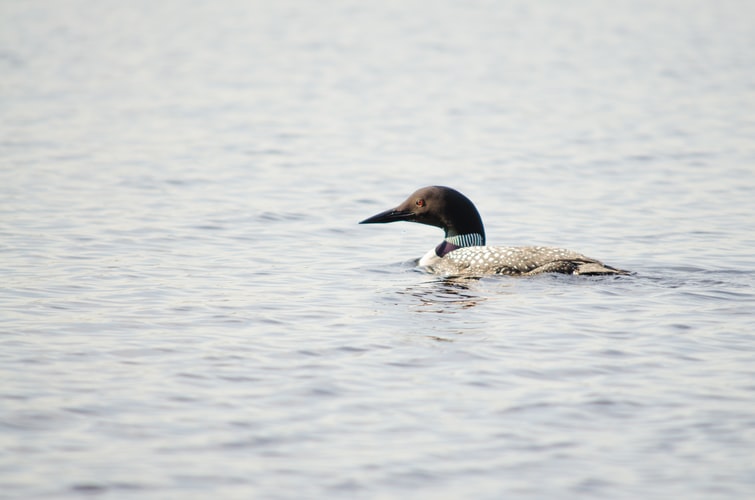Support Us
Since 1979 more than 140,000 animals have been treated by Wildlife Rescue.
Thanks to the support of individuals like you, Wildlife Rescue can provide a lifeline for animals in distress.
What a wonderful world we live in, where we can co-exist with our wildlife friends. Human nature is one of compassion and empathy for wildlife and sometimes our inclination is to share our food with the animals.
The Wildlife Rescue Helpline and Hospital frequently encounter situations where people have been feeding wildlife. Human intervention like feeding without adequate knowledge can cause unintended harm to wildlife. “We want to educate the public and encourage them to allow wildlife to find their own food and call our helpline when in doubt or if you suspect unusual behavior” says Janelle Stephenson, hospital manager.
In Squamish, BC a well-known loon at a nearby lake has recently been making its presence known. It began to exhibit aggressive behavior and to attack adults and children.

“Aggressive behavior usually happens during nesting season. Wildlife can be very protective of their nest and babies. It can be hard to tell if there is a nest since these birds don’t build their nest in the open and don’t expose themselves often. In this case it appears the loon has been fed by people and is now habituated to these feedings; it is approaching people for more food.”
Wildlife Rescue Association Co-Executive Director Linda Bakker. “We recommend that the public refrain from feeding any wildlife. Linda explained how the food we may share with them does not have the adequate nutritional value and rarely aligns with their digestive system, this can cause serious health problems. “These birds are excellent divers and are fully adapted to catch their own fish.”
Locals have suggested to relocate the loon; however, this is not a long-term solution. Wildlife is adapted to their home, foraging and nesting grounds and will likely find their way back home if relocated. It can also put the wildlife at risk as they enter territory that is occupied by other wildlife when we move them around. When wildlife is cared for by the Wildlife Rescue Association they are returned to their natural environment where they have familiarity and patterns.
Adult loons are very vocal and easy to locate with their black and white patterns in the summer. In the wintertime they appear to be plain gray above and white below. Loons find a home near most seacoasts and some inland reservoirs and lakes. Loons are powerful and agile divers who catch small fish for their meals.
Wildlife Rescue encourages the public to enjoy wildlife from a distance. “Take your binocular, practice stillness and enjoy the beauty of these animals from afar, if you notice unusual behavior call us and do not share your food or any other food with wildlife.” suggests Linda Bakker.
If you have questions regarding wildlife in your area or find injured/orphaned wildlife, please contact our Support Centre for assistance.